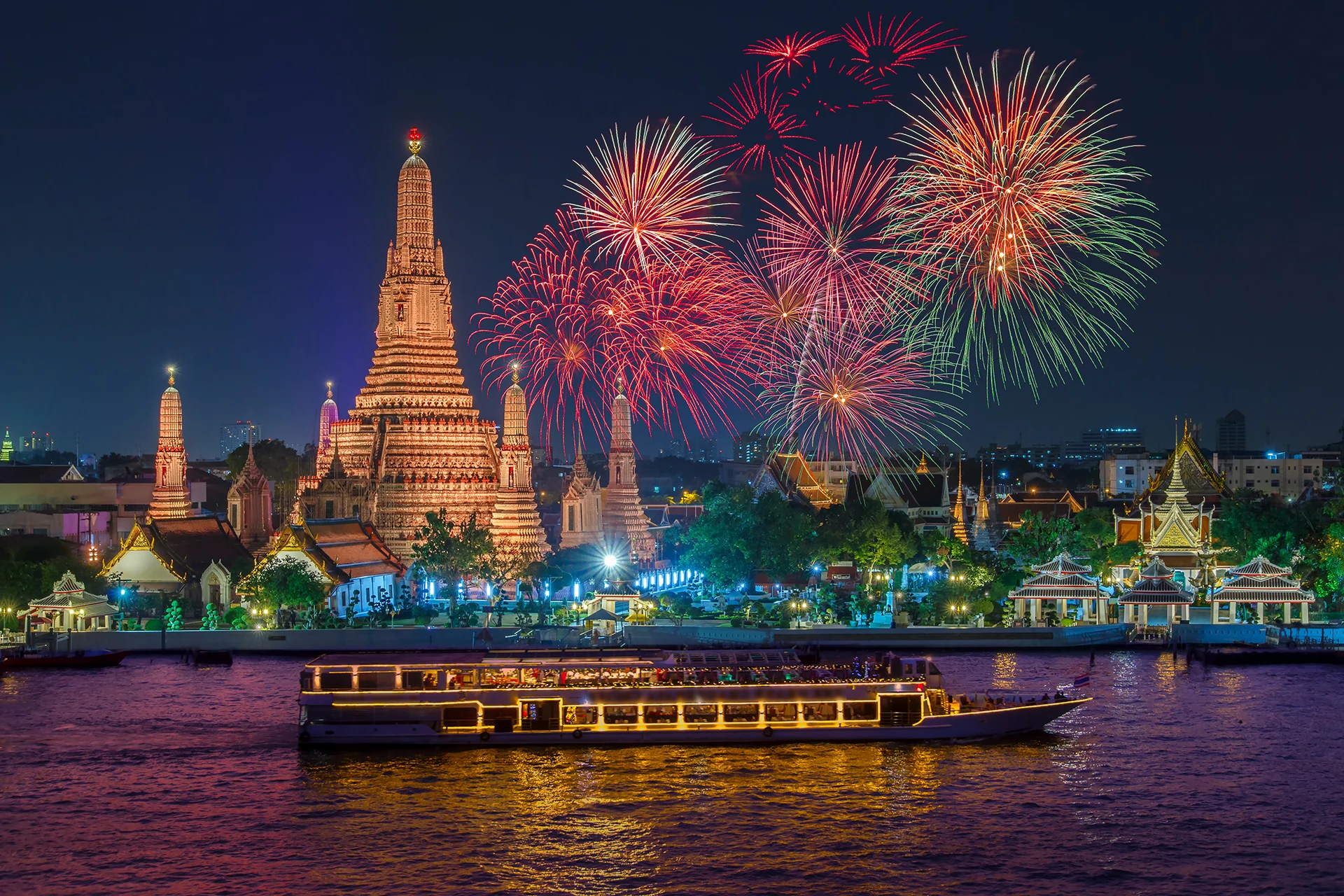
Destination Guide

Thailand’s Facts and Figures
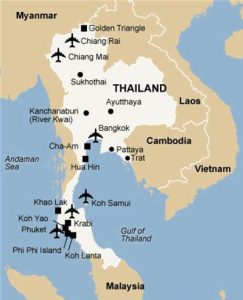 |
Capital and largest city: Bangkok Land area: 513,120 square kilometers Population: Approx. 69,650,000 (2022 estimate) Time zone: UTC/GMT+7 Currency: Baht (฿) (THB) Calling code: +66 Driving side: Left Government: Parliamentary Democracy and Constitutional Monarchy Religion: Buddhism (93%+) Language: Thai is the official language but English is widely used as unofficial second language. |
Thailand’s Facts and Figures
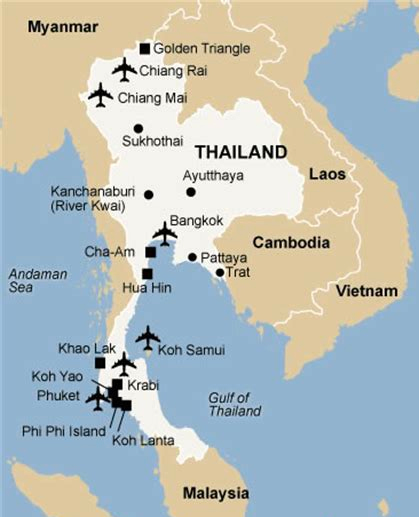
Capital and largest city: Bangkok
Land area: 513,120 square kilometers
Population: Approx. 69,650,000 (2022 estimate)
Time zone: UTC/GMT+7
Currency: Baht (฿) (THB)
Calling code: +66
Driving side: Left
Government: Parliamentary Democracy and Constitutional Monarchy
Religion: Buddhism (93%+)
Language: Thai is the official language but English is widely used as unofficial second language.
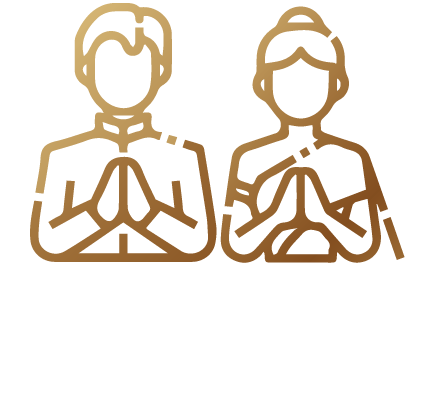
Local Culture
Other than breathtaking beaches, beautiful temples, and delicious food, Thailand is known for its rich culture and warm hospitality. The country has unique customs and etiquette that are rooted in diverse cultural traditions. Thai people are courteous and friendly, and it is useful to know some basic social etiquette that may ease your path in social situations.
The “Wai” (palms pressed together) is a traditional Thai greeting and is also used as a gesture of thanks. A “Wai” should always be returned. If someone “Wai” you, you may do the same or alternatively nod your head slightly as a sign of recognition and respect.
The Thai words for greeting and farewell are:
- “Sawasdee ka” if you are a woman
- “Sawasdee krub” if you are a man
Normally, Thai people are called by their first name or nickname in daily conversation. In social or formal occasions, you can add the word “Khun” in front of a person’s name to show respect. However, you should not add “Khun” in front of your own name when referring to yourself.
For Thais, the head is considered the highest part of the body, while the feet are the lowest. Touching someone’s head is considered disrespectful and should be avoided. Do not place your feet on a table or chair in public, nor use your feet to point at anybody or anything.
Buddhist temples are sacred places, so you should wear appropriate attire when visiting them and observe proper manners. It is prohibited for women to have physical contact with monks.
And finally, smile a lot! Thai people always smile back.
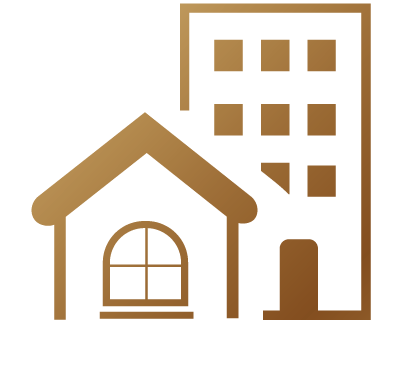
Housing
It is difficult to define Bangkok as either a buyer’s or seller’s market, as this largely depends on your housing budget and requirements. For example, if you are looking to buy or rent a 1-bedroom condo, where there are many options available, this would be considered a buyer’s market. However, if you are looking to buy or rent a 3 or 4-bedroom condo or compound house in the city center, this would be a seller’s market, as supply is limited.
The property market in Thailand is largely unregulated, and there is no requirement for realtors to be licensed. Therefore, it is highly recommended that you work with a reputable real estate agent to avoid potential pitfalls.
There are also various online property listings that you can use as a general guide to what is available on the market.
Here are some things to watch out for:
- Ensure that the agent is a credible realtor.
- Be cautious of marketing gimmicks. For example, properties listed on realtors’ websites may not always be available, or they may be advertised at prices lower than the market rate. This “bait-and-switch” tactic is often used by local agents to generate interest and increase inquiries.
Looking for your dream property in Thailand? Feel free to drop us a message.

International Schools
The most common curricula in international schools in Thailand are the International Baccalaureate (IB), American, and British systems. There is often a waiting list for top international schools, so it is highly recommended that you contact your preferred schools as soon as possible to secure a spot. For more information about international schools in Thailand, please feel free to send us a message.
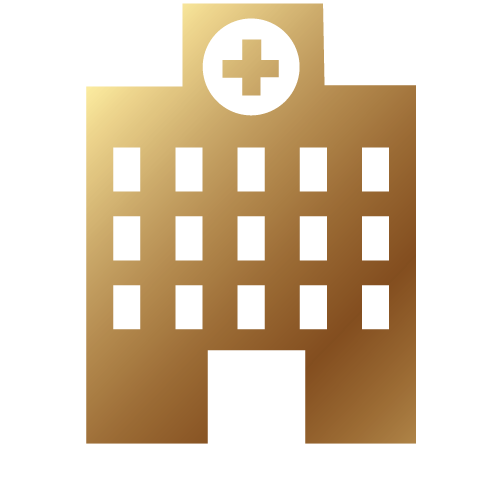
Medical Facilities
Thailand offers world-class medical facilities. Below are some of the country’s top hospitals:
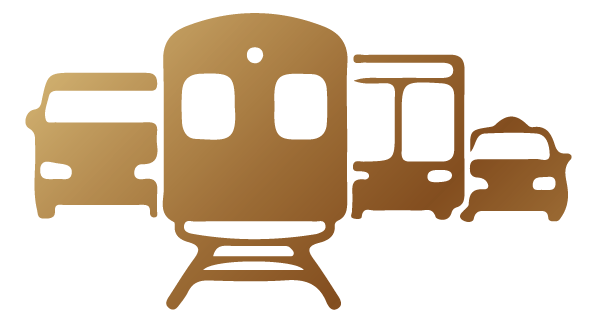
Transportation
- Driving: Foreigners can drive in Thailand, but a Thai driver’s license is required.
- Sky train and subway: The trains are a convenient mode of transportation that cover much of Bangkok’s city center, including commercial, residential, and tourist areas. They operate daily from 6 AM to midnight.
- Taxi: Taxi meters are available in the city area. However, there can be a language barrier between you and your driver. Taxi mobile apps are also available and reliable.
